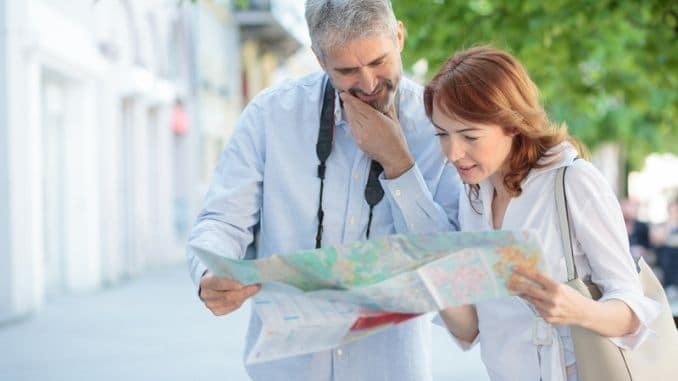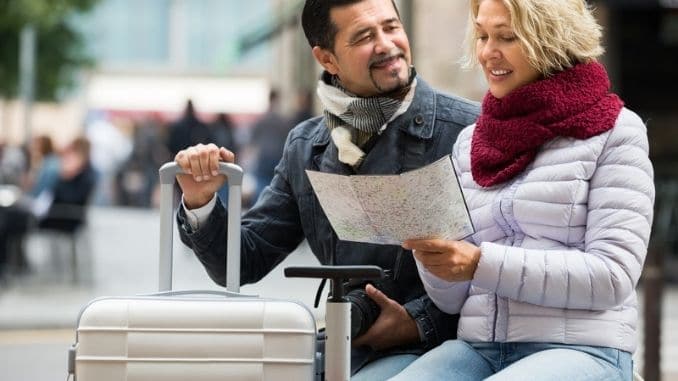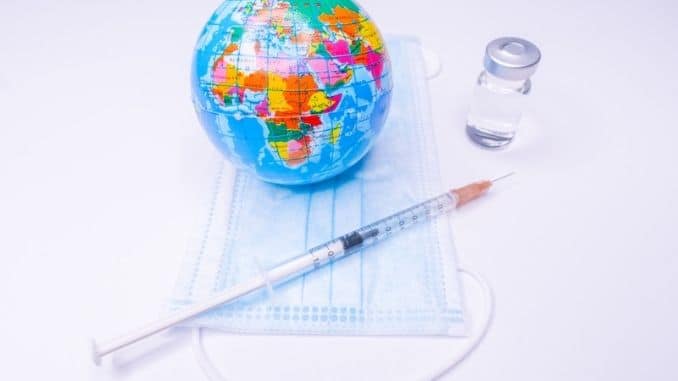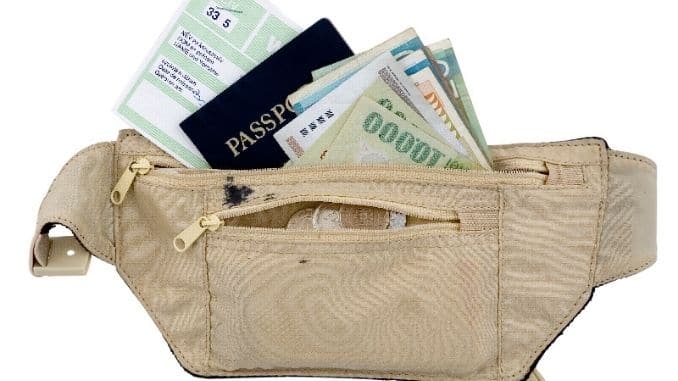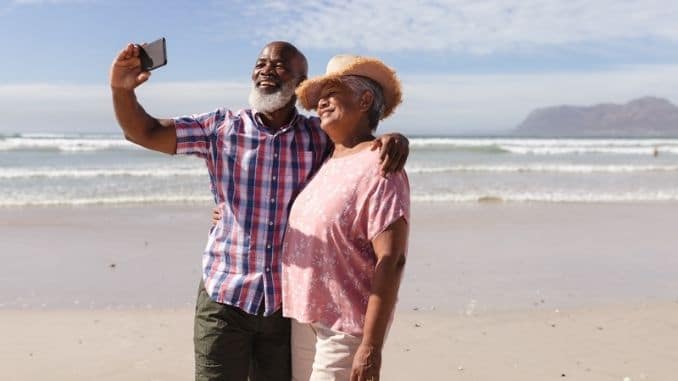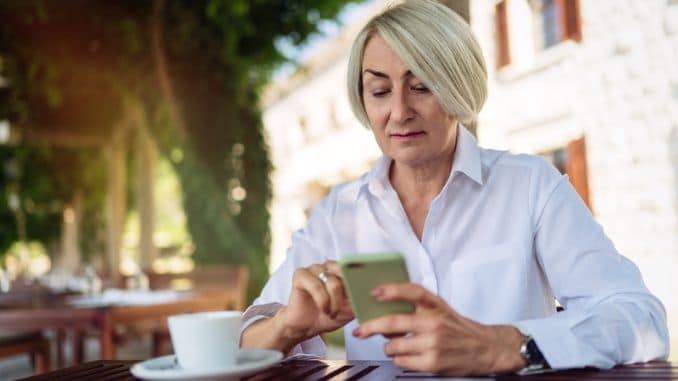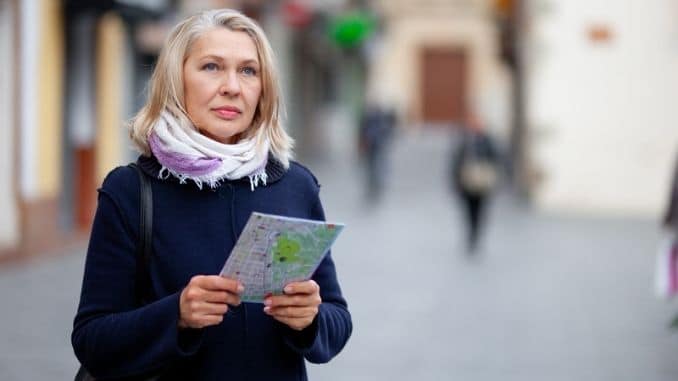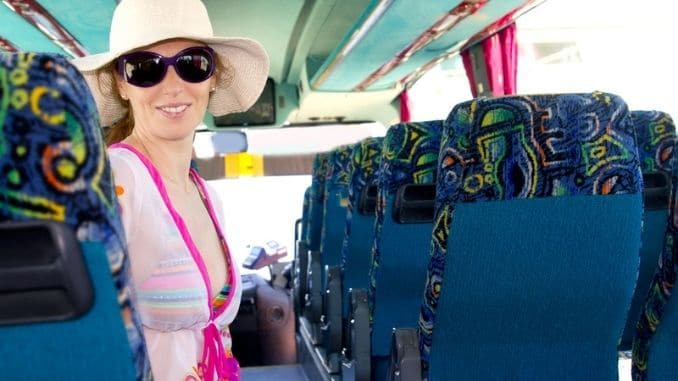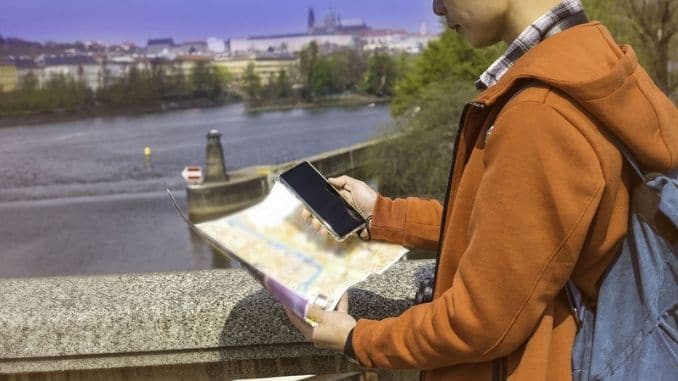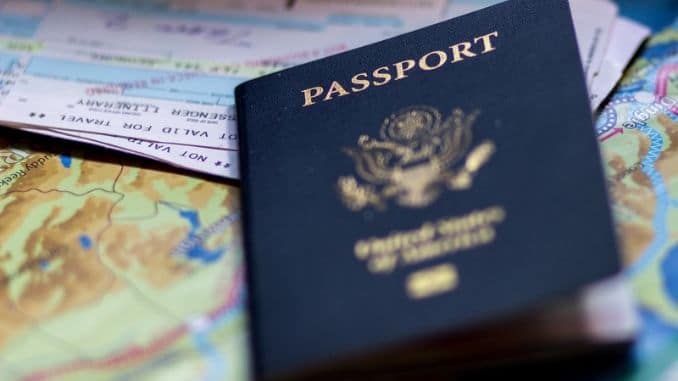
Traveling is good for you. According to one study published in 2013, it can help you stay healthy as you age. Researchers found that women who vacationed at least twice a year had a significantly lower risk of suffering a heart attack than those who only traveled every six years or so.
The same was true of men. Those who didn’t take an annual vacation showed a 20 percent higher risk of death and a 30 percent greater risk of heart disease. Plus, after just a day or two on vacation, 89 percent of all participants experienced a significant drop in stress. And according to other research, a good vacation can result in fewer stressful days at least five weeks after you return.
So if you’re planning a vacation soon, that’s good news for both your physical and mental health. But you do need to be cautious. Tourism has long been recognized as a crime generator, according to scientists reporting in a 2017 study. They noted that there is considerable evidence that many tourist resorts suffer higher than average crime rates and that tourists are disproportionately victimized.
Fortunately, you don’t have to become a victim. By taking a few careful precautions before you leave and while you’re traveling, you can ensure that you enjoy a safe and restoring trip!
Why Are Tourists More Vulnerable to Crime?
According to the Arizona State University, tourists may be more at risk of becoming a victim for several reasons:
- Tourists often stand out in a crowd, making them an “easy mark” for criminals. Signs that someone is a tourist include driving a rental car, carrying a backpack or camera, consulting a map, dressing a certain way (that doesn’t fit in with the local area), or looking lost.
- Tourists are believed to carry large amounts of money and valuables on their person, making them more attractive targets.
- Tourists are on vacation, so they are more likely to be relaxed and off-guard—perhaps even careless—when on vacation. (They may leave valuable items in public view or flash large sums of money.)
- In some areas, the local population may feel hostile toward tourists, which can increase the chances of them assaulting or robbing them.
- Tourists are vulnerable to scams, as they don’t know the ways of the local culture.
These are just a few of the reasons why you have to be extra careful when traveling.
14 Tips to Help You Stay Safe When Traveling
Before you board the plane, get on the cruise ship, or pack up your car or RV for a trip, keep the following tips in mind. Even if you’re going only a short distance from home, you may still be at risk.
1. Plan Carefully
How you plan for your vacation can have a lot to do with how safe and enjoyable it is. For instance, make sure the hotels you choose accommodate any special needs you may have and are well-known and reputable. Be wary of cheaper options that may not be as well-lit or may be located in unsafe areas. It’s better to spend a little more to ensure your safety than to save a few bucks only to be robbed when you get there.
You can use Google Maps as well to get familiar with your destination so you know exactly where things are, and what areas are best to avoid. Know whom to call in an emergency. Get the contact information for the nearest embassy, consulate, police station, hospital, and other emergency departments in the area where you’re going to be.
If you’re planning travel and you are an elderly person or going with an elderly person, look for niche businesses that cater to seniors and people with disabilities. These may supply extra transportation and escort services. Some examples include FirstLight Home Care’s Travel Companion Program, Trafalgar, Road Scholar, Accessible Journeys, Flying Wheels, and Insight Vacations.
2. Make Sure You Have All Your Vaccinations
Particularly if you’re traveling overseas, you’ll want to be sure you’re protected from any diseases that may be prevalent around your destination. Check into this early as in some cases, you may be required to have the vaccination up to six weeks before your departure. The U.S. Centers for Disease Control and Prevention (CDC) offers a Traveler’s Health website to help.
3. Organize Your Medications
It can be dangerous to get caught in another country without your regular medications. Make sure you have enough with you before you leave. The recommendation is to bring an extra week’s supply just in case travel arrangements change or your medications are stolen. Bring the drugs in their original prescription bottles in case you have to answer any questions about them. Store them in your carry-on bag so you have them with you always.
It’s also wise to make copies of your prescriptions in case you need to refill them when you’re overseas. Be sure that the prescriptions list both the brand name and generic version of each drug.
Finally, check with your doctor on when you should take your medications. Should you stick to your home-based time zone, or adapt to the time at your destination?
4. Carry the Right Gear
Many traveling experts recommend bringing a money belt or neck wallet to protect your credit cards, cash, and identification. A money belt tucks into your waistband to keep your money out of the sight of thieves, while a neck wallet keeps it close and within your sight.
You can also look into getting special clothing that has secret pockets where you can store extra cash or cards. You may want to create a “dummy wallet,” which has a little cash and perhaps one or two expired credit cards. You can give these to thieves if needed and hopefully prevent them from looking for more.
It’s also wise to open an account with an international bank or credit card company so you don’t have to take wads of cash with you—you can use the local ATMs instead. If you have to withdraw large sums of cash, leave the bulk of it locked in a safe in your hotel and carry only what you need for the day.
For anything that won’t fit in a slim belt or wallet, take a day bag or cross-body bag (safer than a standard purse) with a lockable zipper on it to keep everything as secure as possible. Many bags are made specifically for travelers and have RFID blockers to keep your credit cards safe, as well as locking zippers and slash-proof straps. When you’re in crowded areas, keep the bag in front of you so your valuables are in sight.
Finally, consider taking a travel lock with you. That way you can secure your bag to your seat or chair while dining or lock other things to keep them safe from theft.
5. Try to Blend In
As noted above, tourists tend to stand out among the locals, making them more vulnerable to attack. Try to blend in by choosing inconspicuous clothing. In other words, avoid colorful Hawaiian shirts, T-shirts or caps with logos or luxury brand names on them, sporty pants (yoga pants, gym shorts), branded designer clothing, expensive jewelry, or any big and bulky items that attract attention to you.
It may help to do some research before you leave to see how people typically dress where you’re going.
And though you’ll likely want to take a camera, be cautious with it. It can be dangerous to have it dangling around your neck in crowded places, when using public transportation, or when walking at night (which is not a good idea anyway). Avoid camera bags that have Canon or Nikon logos on them, as these are dead giveaways that you are a tourist with potentially expensive equipment.
6. Present a Confident Look
Looking lost or like you need help increases your risk of becoming a victim of crime. If you’re taking along a guidebook, get a plain cover for it so no one knows what you’re reading. You can also store a map inside it so you can look at it discreetly.
If you need to consult your phone, go somewhere and sit down to check it, rather than standing where you are to do so. Or go inside a cafeteria or some other establishment where you will be safer.
If you need to ask someone for help, avoid the random stranger. Instead, look for a law enforcement officer or security guard, or try people with families, as they are less likely to be interested in taking advantage of you. (Unless they approach you first—see #12 below.)
7. Make Copies of Important Documents
Your passport and driver’s license are critical forms of identification you need when traveling. If you lose them or have them stolen and you have no other copies, you can find yourself in trouble.
Scan these documents and save them somewhere safe online (ask for a digital copy of your passport) or print out a couple of hard copies and store them in different safe places on your person so you have them when you need them.
8. Inform Friends and Family
Whether you’re traveling with others or going alone, it’s always important to let someone on the home front know about your plans. That way if you aren’t home when expected these individuals can check up on you.
9. Safeguard Your Hotel Room
Start by making sure you book with a reputable hotel chain or location. Then take some extra steps to make your room safer. Always lock and deadbolt the door, and keep the windows shut. You can buy a jammer or extra doorstop to slip under the door for another layer of protection. Don’t let any strangers in the room—even those who say they work for the hotel—until you’ve checked with the front desk to be sure.
10. Stay Aware of Your Surroundings
You want to relax while on vacation, but it’s important when you’re in new places to pay attention to your surroundings. Keep an eye on your personal belongings at all times, and use good judgment when talking to strangers. If you feel uncomfortable anywhere or with anyone, leave immediately.
11. Be Safe When Using Public Transportation
You’ll likely need to use public transportation at least part of the time while traveling. Consult with your hotel manager or tourist information center about what’s available at your destination.
Research taxi and ridesharing companies that are available before you go. Ask what the official taxi cabs and buses look like to ensure that you don’t get into a vehicle with a thief. If you’re using Uber or other ridesharing services, always double-check your driver’s vehicle information and verify their name before getting in.
If driving a rental car, always keep the doors locked and windows up. Carjacking is a problem in some cities.
12. Beware of Common Traveling Scams
Thieves get creative when trying to rob tourists. Watch out for these common tricks:
- Thieves posing as police offers who ask to check your money for counterfeit bills.
- Thieves posing as tour guides offering to show you the sites.
- Those who may slip sedatives into your drink—keep an eye on what you’re eating and drinking always.
- Thieves who use children to play on your sympathy and distract you.
13. Be Smart About Technology
Public wifi may be convenient and free, but it also makes it easier for thieves to hack into the information stored on your mobile phone, tablet, or laptop. Use the mobile hotspot on your phone or take a portable router with you instead.
Make sure that your electronics are all password-protected, as well, so that thieves can’t unlock your device should they get ahold of it. It’s also wise to install wiping software so you can remotely destroy the data on your device if it’s stolen.
Finally, don’t post your vacation plans, destination, schedule, or pictures on social media. Sharing that information makes it easy for thieves to keep track of where you are, or to rob your home while you’re gone.
14. Always Have a Plan B
What if you get lost? Or separated from your group?
It’s best to always have a plan B. Take note of local landmarks so you know where to turn if you lose your way. Keep the address of whatever hotel you’re staying in somewhere you can grab it if you need to. Ask your group leader where you should go if you get separated, so they can find you.
What if your phone battery dies? Consider taking along a portable backup charger and have important phone numbers memorized in case you need to use another phone.
With some proper planning and a little common sense, your next trip might just be your best one ever. Use the tips above to ensure your safety and well-being when traveling and make the most out of exploring the world around you.
You can start every day on the right foot, feeling energized and refreshed. Learn how here.
.

